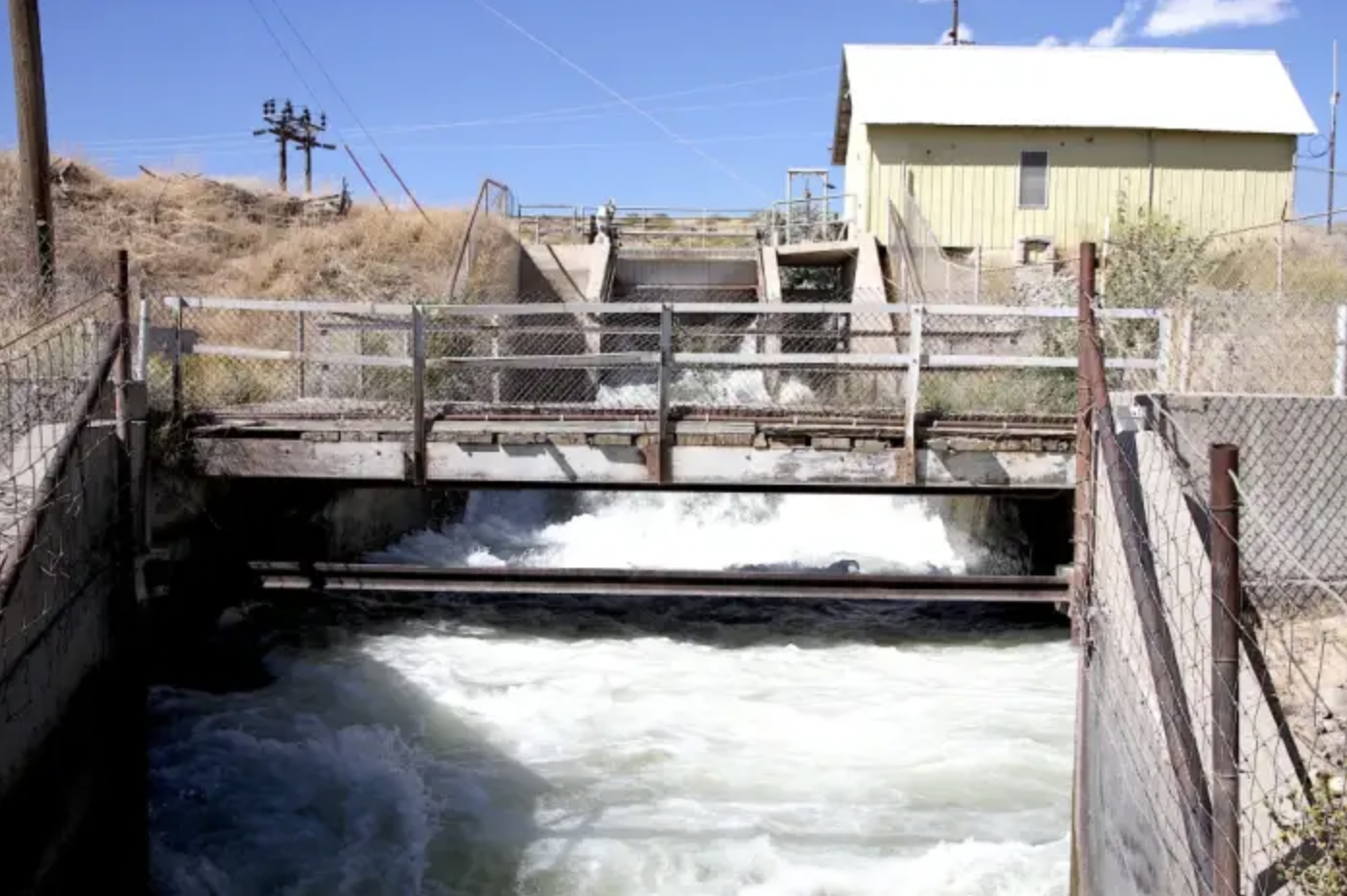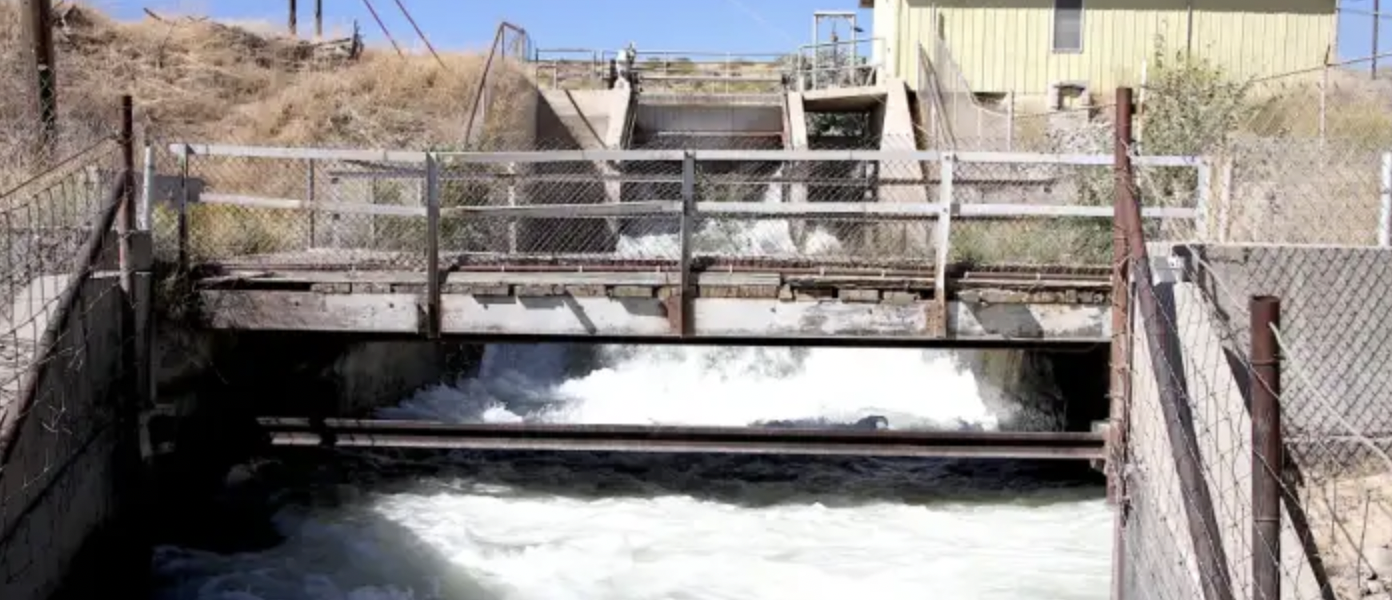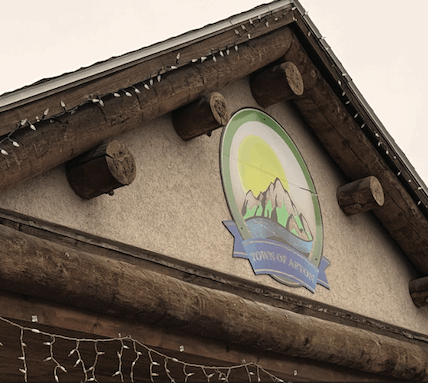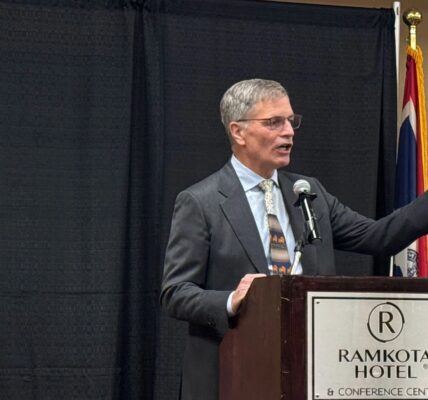
By David Velazquez
Casper Star-Tribune
Via- Wyoming News Exchange
CASPER — Two Democratic U.S. senators blocked a motion by Wyoming Republicans to pass a bill that would transfer ownership of a defunct power plant on the Wind River Reservation from the Bureau of Reclamation to a local non-Native-owned irrigation district.
The Pilot Butte Power Plant Conveyance Act, H.R. 3415, was introduced by Wyoming U.S. Rep. Harriet Hageman in May 2023 and passed the lower chamber in February.
Sen. John Barrasso defended the bill in the Senate before Christmas but ran into opposition from counterparts in Minnesota and New Mexico.
Members of the Eastern Shoshone and Northern Arapaho tribes on the reservation — nestled between the Absaroka and Wind River ranges — have opposed the bill, arguing that Wyoming’s federal delegation is acting without tribal consultation.
The Pilot Butte Power Station, which was built to harness hydroelectric power from an irrigation canal above Pilot Butte Reservoir, sits roughly 25 miles northwest of Riverton and is surrounded by a patchwork of Native and non-Native owned land.
The plant is not on Native land.
Opposition efforts this month have included two protests, one outside Barrasso’s Riverton office and another outside the senator’s office in Cheyenne, plus a letter-writing campaign to Wyoming’s congressional representatives and other members of the U.S. Senate Committee on Energy and Natural Resources.
On the Senate floor on Dec. 18, Barrasso moved to pass the bill.
“If enacted, the bill will enable the facility to be revived after years and years of neglect and sitting idle. Communities in my home state of Wyoming will once again be able to get electricity from this local source of hydro power,” he argued.
But Democratic Sen. Tina Smith of Minnesota objected to Barrasso’s motion, adding that another senator, Martin Heinrich of New Mexico, also stood in opposition.
“The Eastern Shoshone and the Northern Arapaho Tribes are rightfully concerned about the lack of official federal government tribal consultation on this proposal, which would directly impact their reservation,” Smith said. “And I know that one of our most fundamental responsibilities as a body is to honor our trust and treaty obligations to tribal nations and to uphold that government to government relationship.”
Following the objection, Barrasso put the two Democratic senators on notice.
“Let me assure the senators from Minnesota and New Mexico that I will be vigilant and watching out for bills that impact at least 2 1/2 acres in their home states,” he said. “I consider their bills now dead until the Pilot Butte issue is resolved.”
The nearly 100-year-old power plant was slated for demolition before the Midvale Irrigation District, based in Pavillion, asked about acquiring it.
The non-Native managed district would repair the hydroelectric plant that has sat idle for roughly 15 years. The facility is roughly 2.5 acres and demolition would cost roughly $7 million, according to Barrasso.
“This bill that I’ve introduced, sponsored by the entire Wyoming delegation, is a win-win. The American people will no longer own a mothballed facility that’s going to cost $7 million to demolish, and the people of Wyoming will be able to put the hydro power plant back into use,” he said.
Additionally, Barrasso said he had met with stakeholders, including tribal representation.
“I met directly with both the Eastern Shoshone and the Northern Arapaho tribes regarding this specific bill and the hydro power plant. Since February of this year, my office has been actively engaged in discussions with all parties involved,” he said. “This summer, my staff visited the facility and met with all of the stakeholders. Everyone wants to see the facility operating again, and I’m confident that the people of Wyoming will properly manage this facility in a way that benefits everyone in the local community.”
Members of the tribe, however, have repeatedly said they have not been consulted on the project.
Eastern Shoshone Business Chairman Wayland Large, at the Riverton protest, said the Wind River Intertribal Council, composed of Eastern Shoshone and Northern Arapaho members, will continue to oppose the legislation pending “meaningful” federal consultation.
The Eastern Shoshone Business Council passed a resolution opposing the bill this month.





